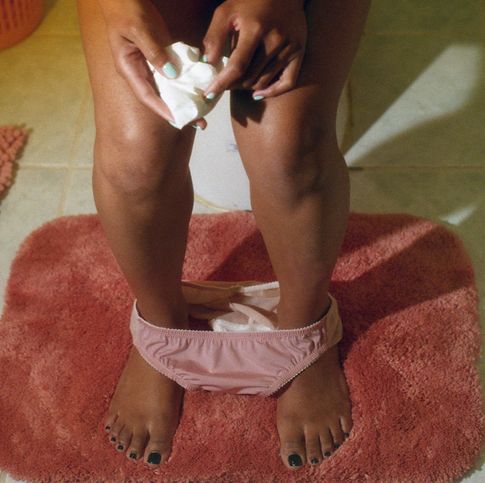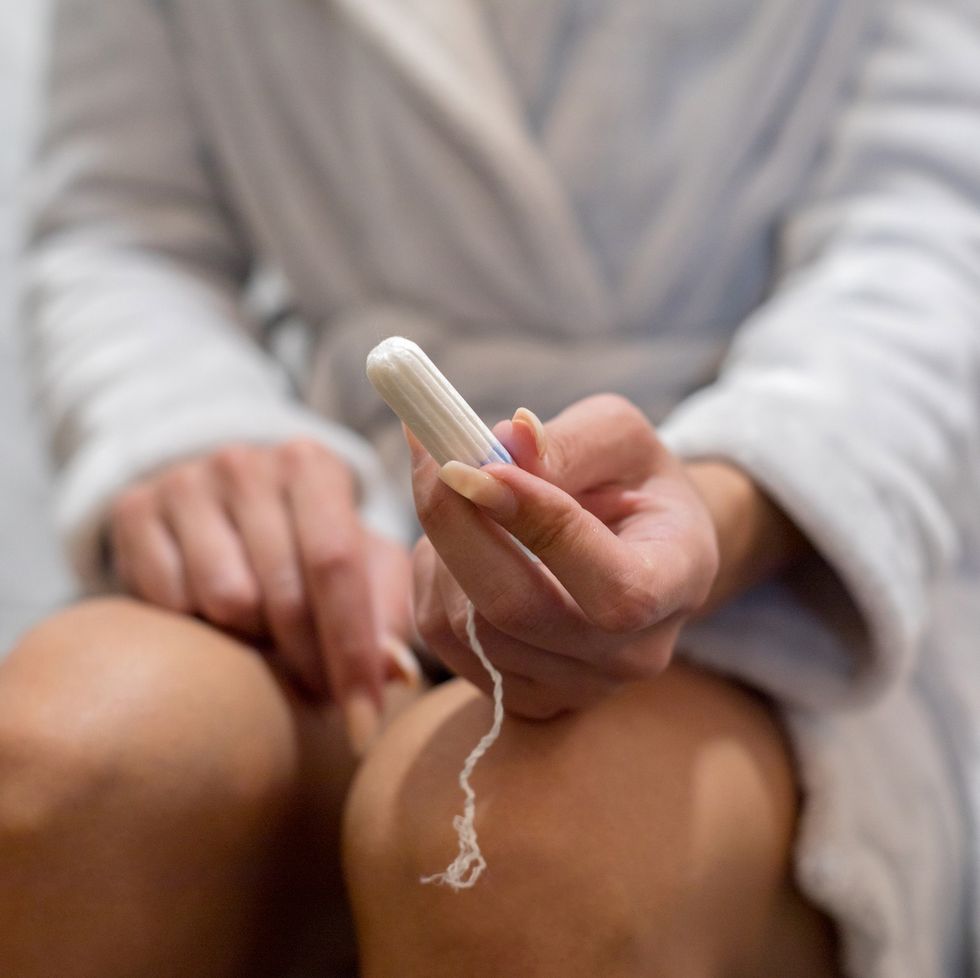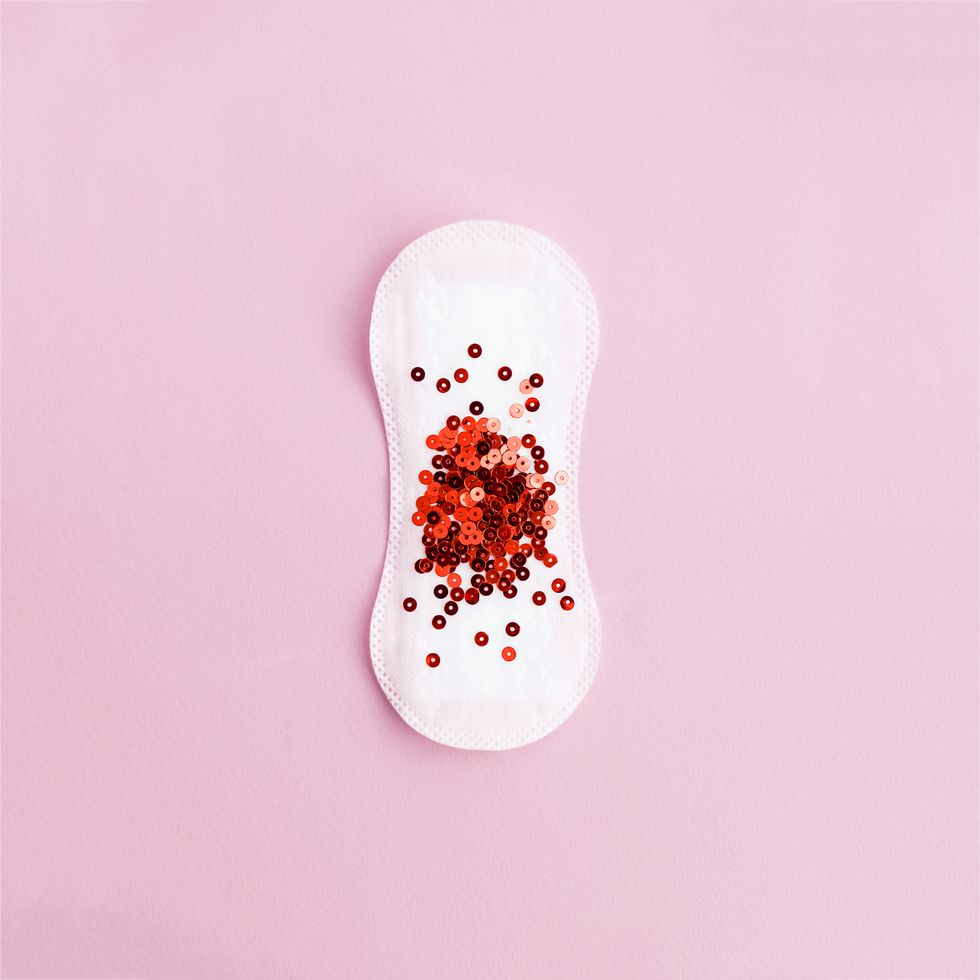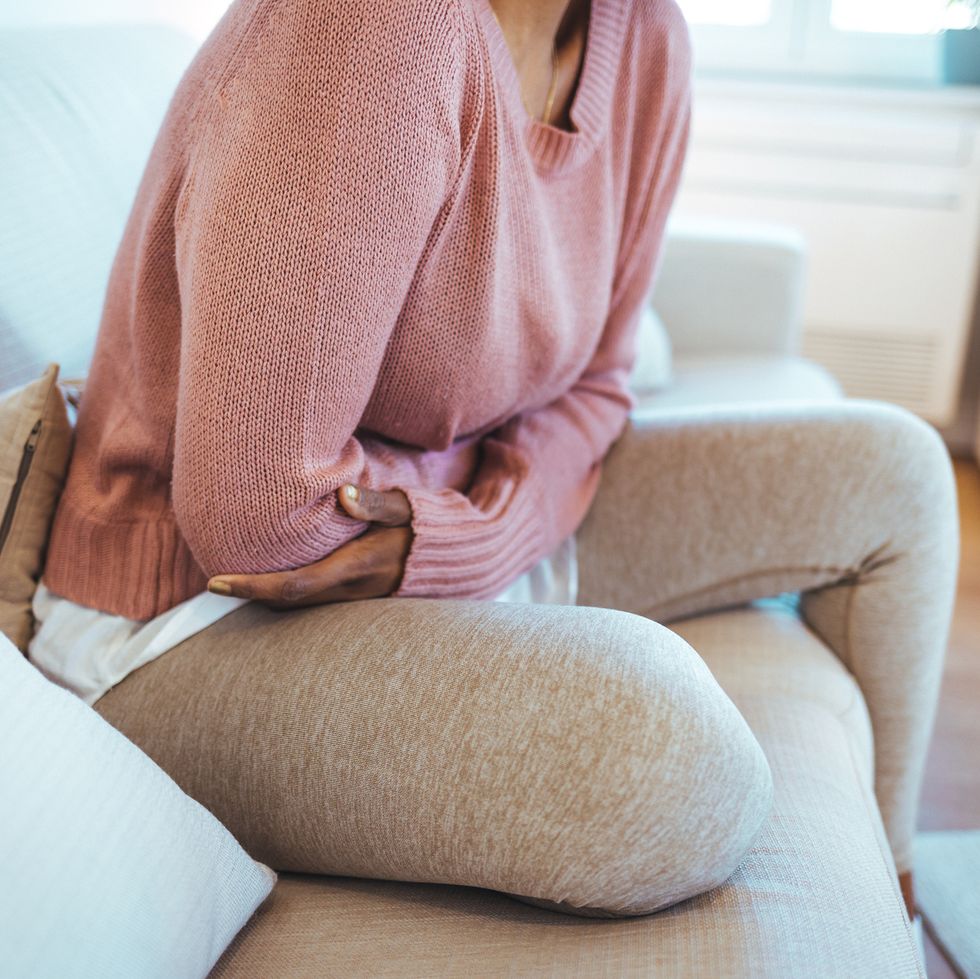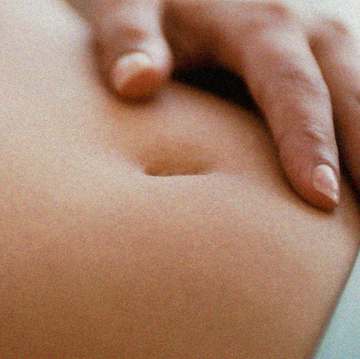aroUnless contraception, health conditions or pregnancy intervene, women and people who have periods get them every month. That's a lot of time we spend bleeding. But how much do you really know about your period and menstrual cycle?
There are probably a load of period facts that have completely passed you by (no judgement), myths circulating, or just some basic info we were never quite taught in school, leaving us wondering what's 'normal'.
So, to test your gynaecological health knowledge, have a go at this period quiz created by gynaecologist Dr Shree Datta along with intimate health brand Intimina (and some extra NHS-informed bits from us) – and see how you compare to others. Will you come top of the class, or do you have some more googling to do? Start with the questions, then discover the answers by scrolling down.
Questions
1.
On average, how many periods do women get in a lifetime?
280 or 480
2.
How much blood is released on average during a period?
Six-eight teaspoons or Six-eight tablespoons
3.
What are period cramps?
When the muscular wall of the womb tightens or The natural shedding of the uterus wall
4.
How long is the average menstrual cycle?
Seven days or 28 days
5.
When was the first period cup invented?
1937 or 1986
6.
What is the third phase called in your cycle?
Luteal phase or Ovulatory phase
7.
Can you get pregnant during your period?
Yes or No
8.
What is the average age of menopause?
40-49 or 50-59
9.
True or false: the sound of your voice changes during your period?
True or False
10.
Can your periods stop if your weight fluctuates?
Yes or No
11.
When do most girls start their period?
Around the age of 12 or Around the age of 14
12.
How long can your period last between?
Between two and seven days or Between five and 10 days
13.
How long is the average period?
Five days or Seven days
14.
When does bleeding tend to be at its heaviest?
The middle of your period or The first two days
15.
What is the most extreme form of premenstrual syndrome (PMS) known as?
Premenstrual dysphoric disorder (PMDD) or Premenstrual disorder (PMD)
Answers
1.
Question: On average, how many periods do women get in a lifetime?
Answer: 480
"The number sounds huge, but between the ages of 12 and 52, a woman will actually experience around 480 periods," says gynaecologist Dr Shree Datta.
2.
Question: How much blood is released on average during a period?
Answer: Six-eight teaspoons
It’s not unusual for your period to change in heaviness or duration over time, but six to eight teaspoons is about average. If you're consistently bleeding more heavily than this, it's worth visiting your GP so that if there are any problems they can be detected and treated early. "Having heavy periods is not necessarily bad, but periods can be difficult to manage, so keep a diary of how long your periods last and how heavy they are, as this can signify a change in your womb structure or ovaries," suggests Dr Shree.
Meanwhile, the NHS compares it to one to five tablespoons (about 20 to 90ml) of blood.
3.
Question: What are period cramps?
Answer: Both!
"During your menstrual period, your uterus contracts to help remove its lining. Hormone-like substances trigger the muscle contractions that can cause painful cramps," explains the doctor.
4.
Question: How long is the average menstrual cycle?
Answer: 28 days
While it differs for everyone, the gynaecologist explains that the average length of a period cycle is usually between 25-35 days. "If your period doesn’t regulate in the first two-three years, it’s worth tracking your cycle and seeing your gynaecologist," she says. "While it's natural to have some variation, a regular monthly cycle can indicate that you are ovulating - or releasing an egg each month, which is useful to know if you are trying to conceive," adds the expert.
5.
Question: When was the first period cup invented?
Answer: 1937
The first cup was invented by American actress Leona Chalmers who patented a design of a menstrual cup which was made from latex rubber. It's only more recently that it's become common to use one. The more you know...
6.
Question: What is the third phase called in your cycle?
Answer: Ovulatory
There are four phases in your cycle, starting with the menstrual phase (which lasts on average five days). That's followed by the follicular phase (around day six to 14), then the ovulatory phase (around day 15 to 17) and finally finishing up with the luteal phase (around day 18 till 28).
7.
Question: Can you get pregnant during your period?
Answer: Yes
"Even though it is rare to get pregnant if you are on your period, it is possible - so knowing your cycle is really important," urges Dr Shree. A hectic lifestyle, hormonal contraception, stress and a significant weight change can all be factors in this.
8.
Question: What is the average age of menopause?
Answer: 51
"The average age at which women have their last period in the UK is 51, but this varies according to your ethnicity and also the age at which your mother underwent the menopause," notes the gynaecologist. So it's worth checking that out with your mum if you're curious.
9.
Question: True or false: the sound of your voice changes during your period?
Answer: True
Crazy, right?! But female reproductive hormones can actually impact your vocal chords (perhaps subtly, according to some studies) which is where the alteration in your voice can come from.
10.
Question: Can your periods stop if your weight fluctuates?
Answer: Yes
"If you lose a lot of weight, exercise or train strenuously or go through a stressful time, it can be the body's way of coping at that time for periods to stop," explains Dr Shree. "But rest reassured, it may be temporary."
11.
Question: When do most girls start their period?
Answer: Around the age of 12
"Periods usually begin at around the age of 12, although some girls will start them earlier or later," the NHS states.
"A delay in starting periods isn't usually a cause for concern. Most girls will be having regular periods by age 16 to 18."
12.
Question: How long can your period last between?
Answer: Between two and seven days
As ever, this differs for everyone. If you experience periods that last for longer than seven days, seek advice from your doctor.
13.
Question: How long is the average period?
Answer: Five days
"Your period can last between two and seven days, but it will usually last for about five days," the NHS confirms.
14.
Question: When does bleeding tend to be at its heaviest?
Answer: The first two days
When your bleeding is at its heaviest, the blood will be red (whereas on lighter days, it may be pink or brown).
15.
Question: What is the most extreme form of premenstrual syndrome (PMS) known as?
Answer: Premenstrual dysphoric disorder (PMDD)
"A small number of women may experience more severe symptoms of PMS known as premenstrual dysphoric disorder (PMDD)," according to the NHS.
"Symptoms of PMDD are similar to PMS but are much more intense and can have a much greater negative impact on your daily activities and quality of life."
These can include:
- physical symptoms such as cramps, headaches and joint and muscle pain
- behavioural symptoms such as binge eating and problems sleeping
- mental and emotional symptoms, such as feeling very anxious, angry, depressed or, in some cases, even suicidal
Get 10 out of 10 with ease? Or learn something you didn't know?
If you have any concerns or questions around your period at all, seek advice from your GP. And while experiencing PMDD is less common, if you do experience PMDD or severe PMS it's especially important to consult your doctor.
If you need urgent advice you can ask for an emergency appointment, call 111 out of hours, or call a helpline like the Samaritans for free on 116 123. If you feel you are in danger call 999 or go to A&E.
This article is not intended to be a substitute for professional medical advice or diagnosis. Always seek the advice of your physician or other qualified health provider with any questions you may have regarding a medical condition.
